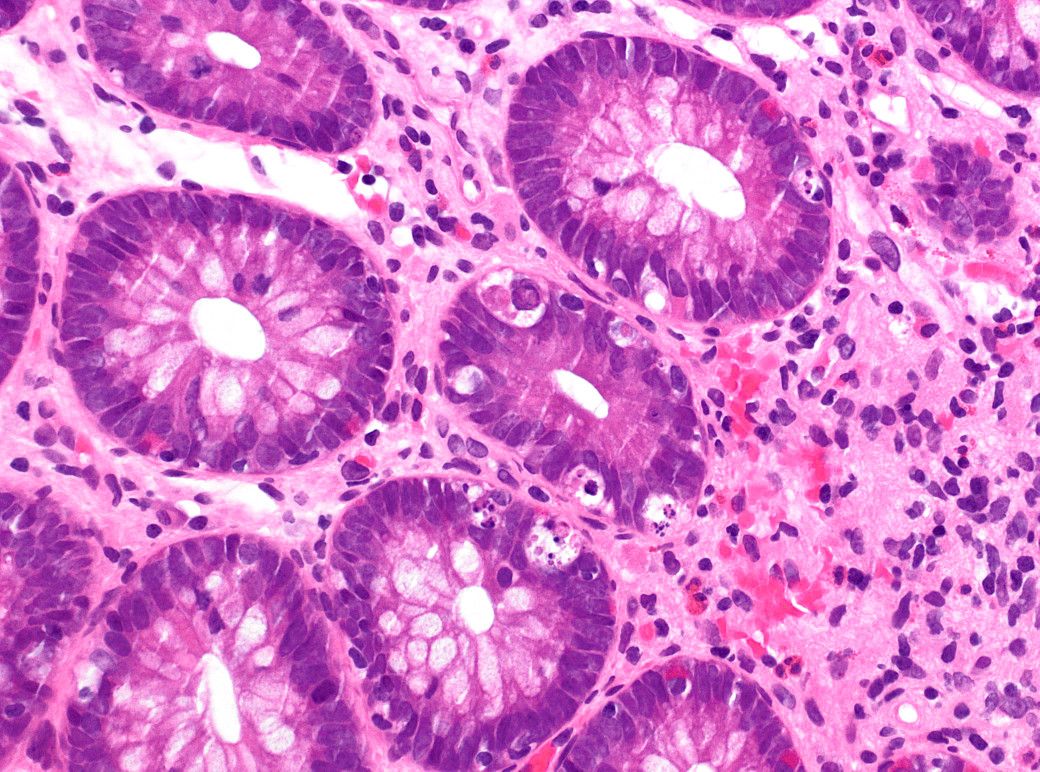Investigators Resubmit BLA for Remestemcel-L in Pediatric Acute GVHD
A biologic license application that has been resubmitted to the FDA for remestemcel-L in pediatric graft-versus-host disease includes new long-term survival data from a phase 3 clinical trial.
The manufacturers of remestemcel-L have resubmitted their biologic license application to the FDA for use in pediatric patients with steroid-refractory acute graft-versus-host disease (SR-aGVHD), according to a press release from Mesoblast Limited.1
The resubmission of the biologic license application for remestemcel-L in pediatric graft-versus-host disease follows a complete response letter from the FDA issued in October 2020.

The resubmission included data from a phase 3 study (NCT02336230) in which 67% of high-risk pediatric patients responded positively to remestemcel-L treatment within 28 days and were alive after 180 days. Additionally, investigators reported a 1-year survival rate of 63% and 2-year rate of 51% in a population with predominantly grade C or D disease; the estimated 2-year survival rate with best available therapy is 25% to 38%.
Additionally, the resubmission detailed remestemcel-L’s mechanism of action, in vivo bioactivity, manufacturing changes designed to increase the potency of the agent, and a validated potency assay demonstrating manufacturing consistency and reproducibility.
“There is an urgent need for a therapy that improves the dismal survival outcome in children with SR-aGVHD,” Silviu Itescu, MBBS, FRACP, chief executive officer and managing director at Mesoblast, said in the press release.
The FDA issued a complete response letter for remestemcel-L in October 2020,2 a decision that came despite the Oncologic Drugs Advisory Committee vote of 9:1 favoring the efficacy of remestemcel-L for SR-aGVHD. However, the FDA voiced a preference for at least 1 other randomized, controlled study to further confirm the agent's efficacy.
The investigational remestemcel-L was designed to have immunomodulatory properties that counteract the inflammatory processes related to SR-aGVHD by down-regulating the production of pro-inflammatory cytokines, increasing production of anti-inflammatory cytokines, and enabling naturally occurring anti-inflammatory cells to involved tissues.
Investigators of the single-arm, prospective phase 3 trial administered remestemcel-L intravenously to pediatric patients with SR-aGVHD at a dose of 2 x 106 mesenchymal stromal cells/kg twice a week for 4 consecutive weeks.
The primary trial end point of the was overall response rate at day 28 following treatment. Secondary end points included overall survival stratified by responder status, baseline aGVHD grade, and organ involvement.
Patients 2 months to 17 years old with grade B to D GVHD requiring corticosteroid systemic therapy were eligible to enroll on the trial. Additional inclusion criteria included having adequate renal function, a minimum Karnofsky or Lansky performance status of at least 30, and capability of providing written informed consent.
Patients with grade B aGVHD with skin-only involvement or those who received any prior second-line therapy for aGVHD were unable to enroll on the trial. Patients were also unsuitable for enrollment if they had received any stem cell agents within 30 days of beginning study treatment, hematopoietic stem cell transplant for a solid tumor disease, prior treatment with mesenchymal stem cells, or had evidence of severe hepatic veno-occlusive disease at screening.
References
- Mesoblast resubmits biologic license application (BLA) to FDA for remestemcel-L in children with teroid-refractory acute graft versus host disease (Sr-aGVHD). News release. Mesoblast Limited. January 31, 2023. Accessed February 2, 2023. yhoo.it/3jvB7Pp
- Mesoblast receives complete response letter from the FDA for biologics license application for steroid-refractory acute graft versus host disease in children. News release. Mesoblast Limited. October 1, 2020. Accessed February 2, 2023. bit.ly/3l4RjI3